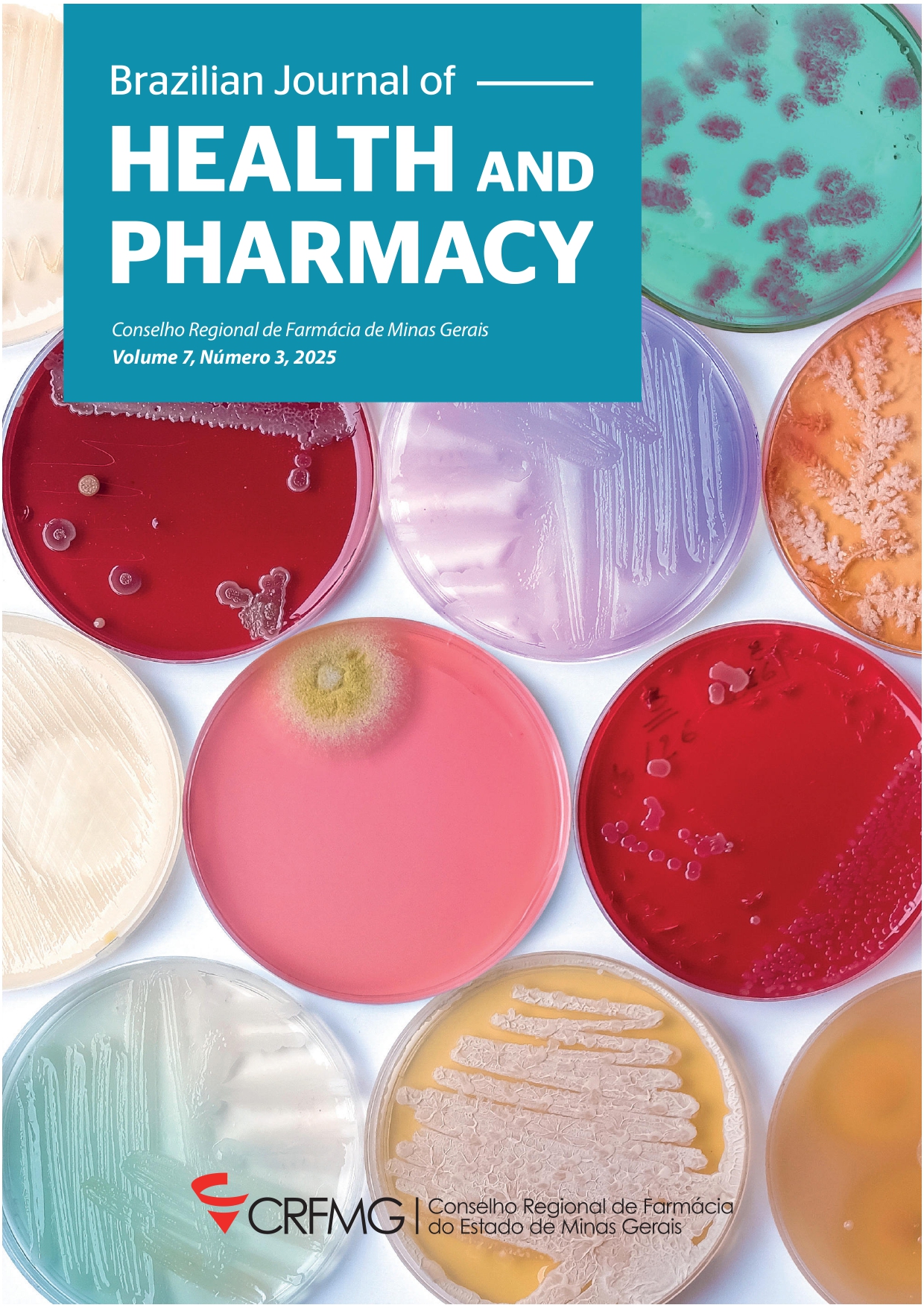Abstract
Leprosy is a neglected, infectious, chronic tropical disease caused by Mycobacterium leprae. It can be transmitted through droplets from the nose and mouth of infected individuals after close and prolonged contact. The objective of this study was to analyse the epidemiological distribution of leprosy cases in the municipality of Governador Valadares (GV) and compare them with state and national data. Using data obtained from SINAN a cross-sectional, retrospective study was carried out, considering the period from January 2001 to December 2022. Aspects such as age group, race, gender, schooling, cases in pregnant women, origin, evolution of patients, operational classification, clinical form, degree of physical disability, occurrence of skin lesions and leprosy reactions, as well as the result of bacilloscopy. Statistical comparisons were performed using the Bioestat 5.3 program. In total, 919,251 cases were reported in Brazil (BR), 45,289 in Minas Gerais (MG), and 3,796 in GV, predominantly affecting the working-age population with a low level of schooling and of brown race. The most affected gender in BR and MG was male, with a predominance of the dimorphic/multibacillary form, while in GV it was female, with a predominance of the tuberculoid/paucibacillary form. The majority of cases progressed to cure in all three spheres, with GV having a significantly higher rate of treatment abandonment. The results show the endemic nature of the disease in the municipality and highlight the importance of monitoring cases to map the disease and establish public policies to control it.


